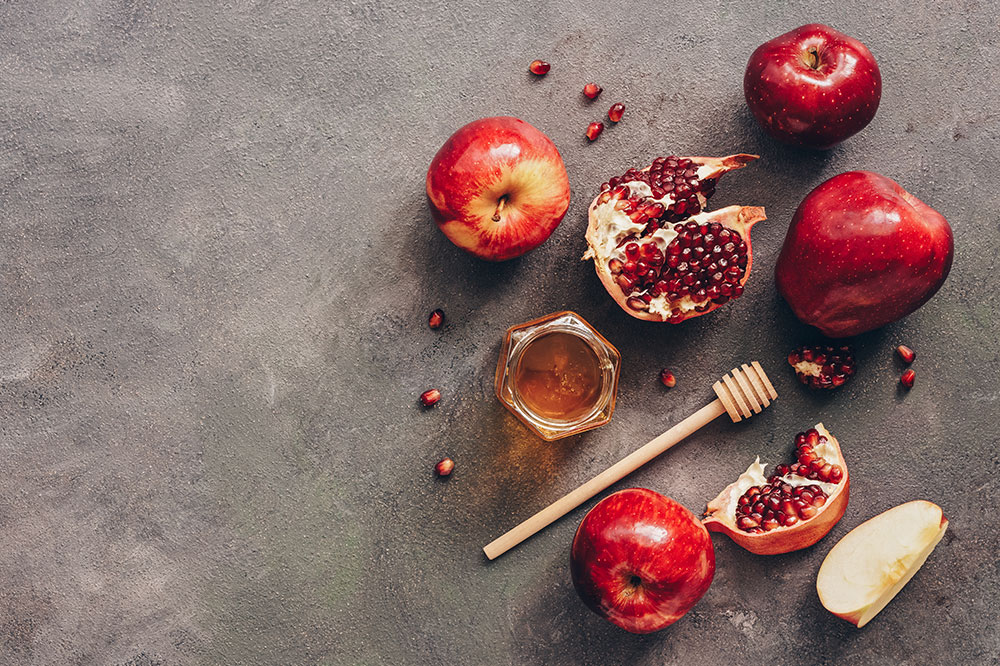7 Heart-healthy Foods That Help Tackle Atrial Fibrillation

Atrial fibrillation causes irregular heartbeats, leading to potentially dangerous scenarios, such as blood clots in the heart. One way to help manage the condition is by eating foods that can reduce its risk. Doctors generally recommend patients to have Mediterranean-based meals and avoid trans-fat-rich foods. That said, what specific foods can you eat to avoid atrial fibrillation-related complications such as heart failure and stroke? Here are some of the best foods to counter the condition:
7 heart-healthy food and food categories to note
Fresh fruits
Fresh fruits are a treasure trove of nutrients. While buying fruits, you must always choose fresh ones instead of packaged and processed fruit cups. Red fruits — apples, pomegranates, red grapes, and many others — are especially good for your heart health due to their high vitamin and antioxidant content. Bananas also have plenty of essential vitamins that nourish your heart and keep it healthy. Eating fruits is generally advisable over having them in juice or smoothie form. However, cranberry juice is an equally effective solution to keep your heart healthy. Fresh fruits also include tomatoes, which are full of potassium, fiber, vitamin C, choline, and folate, all of which are incredibly beneficial for overall health.
Nuts
Nuts are rich sources of minerals, antioxidants, and healthy fats. These healthy fats include the all-important omega-3 fatty acids, which are essential for your heart, brain, digestive system, colon, and several other organs. As a result, frequent nut consumption can reduce the risk of possible heart failure and atrial fibrillation. Nuts lower your blood cholesterol levels, improve your blood flow, and reduce the possibility of blood clots in your arteries and veins. So, regular consumption of walnuts, almonds, hazelnuts, or other raw nuts can boost your heart health. What’s more, this food option is delicious and can be a quick snack during busy work days, breaks from important functions, and more.
Berries
Berries are rich sources of vitamin A, vitamin C, folate, iron, and fiber. Most importantly, berries have plenty of powerful antioxidants and antioxidant polyphenols. Antioxidants help treat arrhythmia (abnormally rapid heart rate), a condition caused by atrial fibrillation. Additionally, antioxidants can help rebuild your cardiovascular fitness and might play a role in reversing the damage caused by the condition to your heart. Blueberries, especially, are great for your heart health. You can frequently include berries in your salads and desserts to keep yourself constantly nourished and healthy. You can also eat them with Greek yogurt, another healthy food that greatly benefits the system.
Fish
Fish is rich in omega-3 fatty acids and several other nutrients like proteins and vitamins. Did you know that the polyunsaturated fats found in fish can help your heart recover from traumatic incidents? Essentially, fish helps reduce heart trauma, which is one of the main causes of irregular heartbeats, making it an effective ally against atrial fibrillation. Fish oils are just as effective as fish for boosting your heart health. Note that when it comes to proteins, you must be careful while selecting the type of meat you consume in your meals. For instance, red meat is not good for your heart due to its high saturated fat levels. Therefore, lean meats, such as fish and poultry, are the ones you can pick. Additionally, most Mediterranean meals are plant-focused, so you can add fish or other lean meat as a side to your salad.
Whole grains
All kinds of grains contain healthy complex carbohydrates. However, if you had to choose between refined grains and whole grains, you should choose the latter. Refined grains undergo processing to boost their shelf life, causing them to lose some of their valuable nutrients. Whole grains contain all the natural nutrients that are useful for your heart. They are loaded with magnesium and fiber, which helps reduce your blood cholesterol levels. Additionally, whole grains help reduce the possibility of the development of type 2 diabetes, a major condition linked to atrial fibrillation. Options to choose from include brown rice, wild rice, oats, barley, quinoa, oats, buckwheat, and many others.
Dark chocolate
Dark chocolate is good for your cardiovascular system as it improves your blood circulation and reduces your blood pressure, thereby minimizing the risk of atrial fibrillation, irregular heart rates, and strokes. The cacao plant, from which dark chocolate is derived, is a useful source of several nutrients and compounds that reduce heart diseases. Furthermore, dark chocolate is rich in antioxidants and helps lower your cholesterol levels as it is rich in theobromine, a compound found in the cacao plant. Other kinds of chocolate, such as white or milk chocolate, have fewer benefits and many more calories. Therefore, you must avoid eating them to boost your heart health.
Vegetables
Vegetables, in general, play a role in improving your heart health. However, there are certain things you need to be careful about. For example, while kale is rich in nutrients, your doctor may recommend you limit your kale consumption, especially if you are undergoing blood-thinning treatment.
Vegetables such as legumes can lower your cholesterol and reduce your chances of having high blood pressure, heart trauma, and, by extension, atrial fibrillation. Potatoes also help reduce your blood pressure as they are rich in potassium. Additionally, leafy green veggies, such as spinach, are rich in vitamin K, magnesium, carotenoids, iron, fiber, and other nutrients. Consequently, the food item helps improve your blood flow and reduces blood pressure. Broccoli is another great option, as it contains plenty of calcium and fiber that help lower your blood pressure and cholesterol levels. Note that even avocados have several healthy, unsaturated fats that increase the level of ‘good cholesterol’ in your body.
While consuming these foods will certainly boost your heart health and combat atrial fibrillation, you must consult a healthcare professional to know the healthy consumption quantities and times for these foods.






